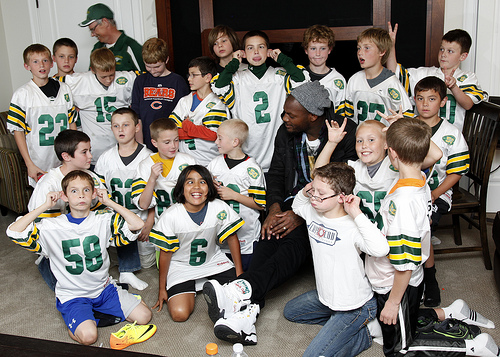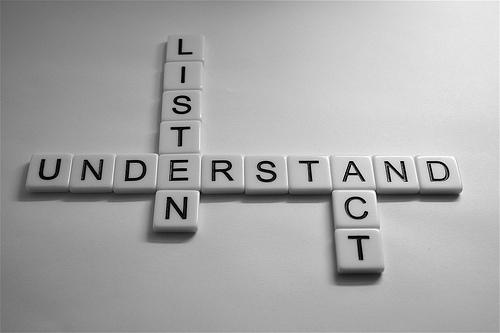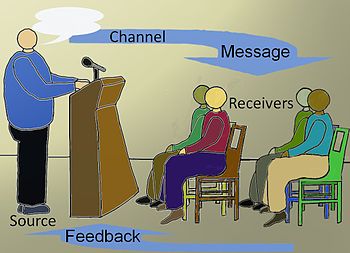Not long ago I was talking to a mother who told me that her parents did “not approve of” her approach to her elementary school-aged son’s “less than stellar” grades. Have you ever been stuck in the middle between well-meaning grandparents and their grandchildren? Ouch.
As the conversation unfolded she shared a number of important thoughts. According to Mom, the young “offender” was (is):
– extraordinarily kind and compassionate
– a bundle of energy, excellent athlete, “good sport” and team player
– very curious and interested in learning
– socially skilled and fairly disinterested in grades
The prevailing wisdom –both from the school and from her parents — was that her son should be grounded from all sports, outdoor breaks and extra-curricular activities until the grades were better.
“People seem to think I’m far too easy on him, that he’s lazy and I’m simply overprotective and making excuses that encourage poor school performance.”
Perspective is an interesting thing. I wanted to hear more about her thinking and decision-making process.
It was clear that this mom did not consider grades the Holy Grail of learning. Curiosity, problem-solving and creativity ranked pretty high among her values. She was concerned that turning the issue into a battle of wills would have a detrimental effect on her child’s desire to learn. “Maybe I’m wrong but I think that punishing him because he learns differently will do more damage than being a “C” student. Besides, even if punishment turns out to be an effective way to get him to work toward the goal of a better grade, won’t it have a negative impact on the desire and ability to set and achieve goals?”
When I didn’t argue she had more to say.
“Here’s the part that really bugs me. This is a very bright, active person who has already figured out that exercise ‘works’ for him. Where is the logic in depriving him of that tool in order to force him to sit down and focus better? I don’t get it!”
How much personal pressure do you feel about your child’s grades? Do you believe grades reflect performance or compliance? How do you balance respect for the process and classroom management versus your child’s individual learning style? And who is responsible for a child’s education: the parents or the school system?





